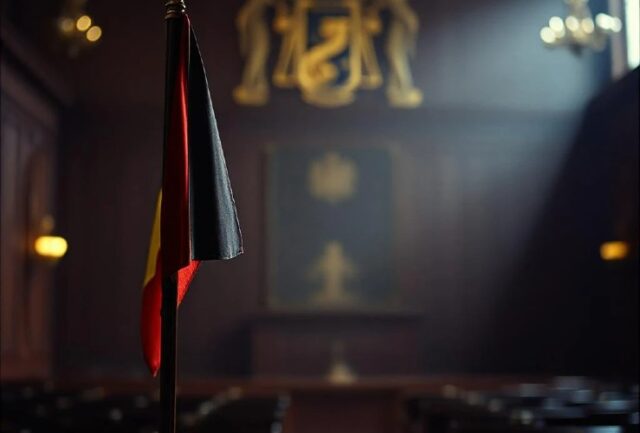The Belgian Institute for Postal Services and Telecommunications (BIPT/IBPT) is seeking input from service providers, which includes gambling firms, on proposed updates to e-Evidence rules.
The BIPT/IBPT serves as Belgium’s federal regulator for electronic communications, postal transactions, and the audio-visual media services of the bilingual Brussels-Capital Region.
The media monitoring body has been in conversation with the wider legal world for several years, attempting to tighten legislation around European Member States that have cross-national relationships and services.
BIPT/IBPT seeks input from multiple services for new legislation
On July 12, 2023, the EU adopted the final Regulation and Directive. However, the BIPT has now launched a consultation process and created a draft approach around e-Evidence and regulations.
It is destined to come into force on August 18, 2026, but all EU Member States must have laid the groundwork for this to be inspected by the BIPT/IBPT and the European Parliament by February 2026.
The Directive (2023/1544) and the Regulation (2023/1543) set out by the European Parliament refer to gambling entities as “service providers.” This is comprised in a paragraph of the Regulation that states these providers must be able to provide electronic evidence as a part of the legal update that the BIPT/IBPT seeks to enforce.
“The categories of service providers covered by this Regulation should include, for example, online marketplaces providing consumers and businesses with the ability to communicate with each other, and other hosting services, including where the service is provided via cloud computing, as well as online gaming platforms and online gambling platforms,” the BIPT/IBPT quotes the Regulation’s recital.
Betting firms asked to comply with the e-Evidence regulations
Member States are being given the autonomy to request a point of contact directly in another Member State that operates or has a service provider in operation in this location. This contact is only in the context of criminal proceedings.
It enables the Member State or its legal representative to request the service provider to supply “electronic evidence or to “freeze” it (in order to provide it later), in order to investigate and prosecute perpetrators of criminal offences,” states the BIPT/IBPT.
The service providers, such as gambling operators, are being asked to create a point of contact to answer and process requests. The statement by the BIPT/IBPT says that it would like to “oblige” service providers to do so.
Still, it would be expected that the providers will need to hold discussions with the regulator to achieve an outcome that responds to the requests in line with each Member State’s national law (the Code of Criminal Procedure in the case of Belgium).
The Belgian watchdog is also asking this designated contact to take into account the existing e-Evidence Regulation. This includes:
- Directive 2014/41/EU of the European Parliament and of the Council of 3 April 2014 regarding the European Investigation Order in criminal matters;
- Convention established by the Council in accordance with Article 34 of the Treaty on European Union, on Mutual Assistance in Criminal Matters between the Member States of the European Union.
- The main purposes of the texts to which the public consultation relates (a draft bill and a draft Royal Decree) are to transpose the e-Evidence Directive and to implement the e-Evidence Regulation.
There may eventually be a serious discussion of the roles that will need to be created to accommodate the BIPT/IBPT request with so many gambling operators delivering across multiple Member States in the European Union.
Featured image: Ideogram








